U.S.-EU Trade Deal Must Include Agriculture, Address Non-Tariff Trade Barriers, Says Coalition
WASHINGTON, D.C., Nov. 15, 2012 – While maintaining its support for a free trade agreement between the United States and the European Union, a coalition of U.S. food and agricultural organizations led by the National Pork Producers Council reiterated that any deal must include agriculture and that the EU must address non-tariff trade barriers.
In a letter signed by 60 organizations sent today to the Office of the U.S. Trade Representative, the coalition said it is important that any FTA with the EU be comprehensive and address impediments to trade in agricultural products. The coalition sent a similar letter in January.
“Carried out properly,” wrote the coalition to U.S. Trade Ambassador Ron Kirk, “a U.S.-EU FTA would generate economic growth and create many thousands of new jobs on both sides of the Atlantic.”
That means negotiating a high-standard, 21st-century agreement, something that has been central to the Obama administration trade policy, the coalition pointed out. But that is not the type of agreements the EU has negotiated with other trading partners.
The EU’s past FTAs have excluded agricultural goods it produces, and its regulatory measures often conflict with World Trade Organization rules, including regulations on “genetically modified” crop approval and labels, which restrict U.S. corn, soy and refined corn product exports, and on production methods in poultry, beef and pork.
As part of agreeing to enter trade talks with the United States, for example, the EU Parliament said any FTA must include language on geographical indications, which would grant the EU exclusive rights to certain product names that, nonetheless, have been widely used outside of Europe for many years. (The United States, for example, would not be allowed to export to the EU “Parmesan” cheese, which is named after the Italian region where it first was produced.)
“We cannot help but be skeptical that the EU is prepared to undertake a U.S.-style comprehensive negotiation and to include the agricultural sector,” the coalition wrote.
